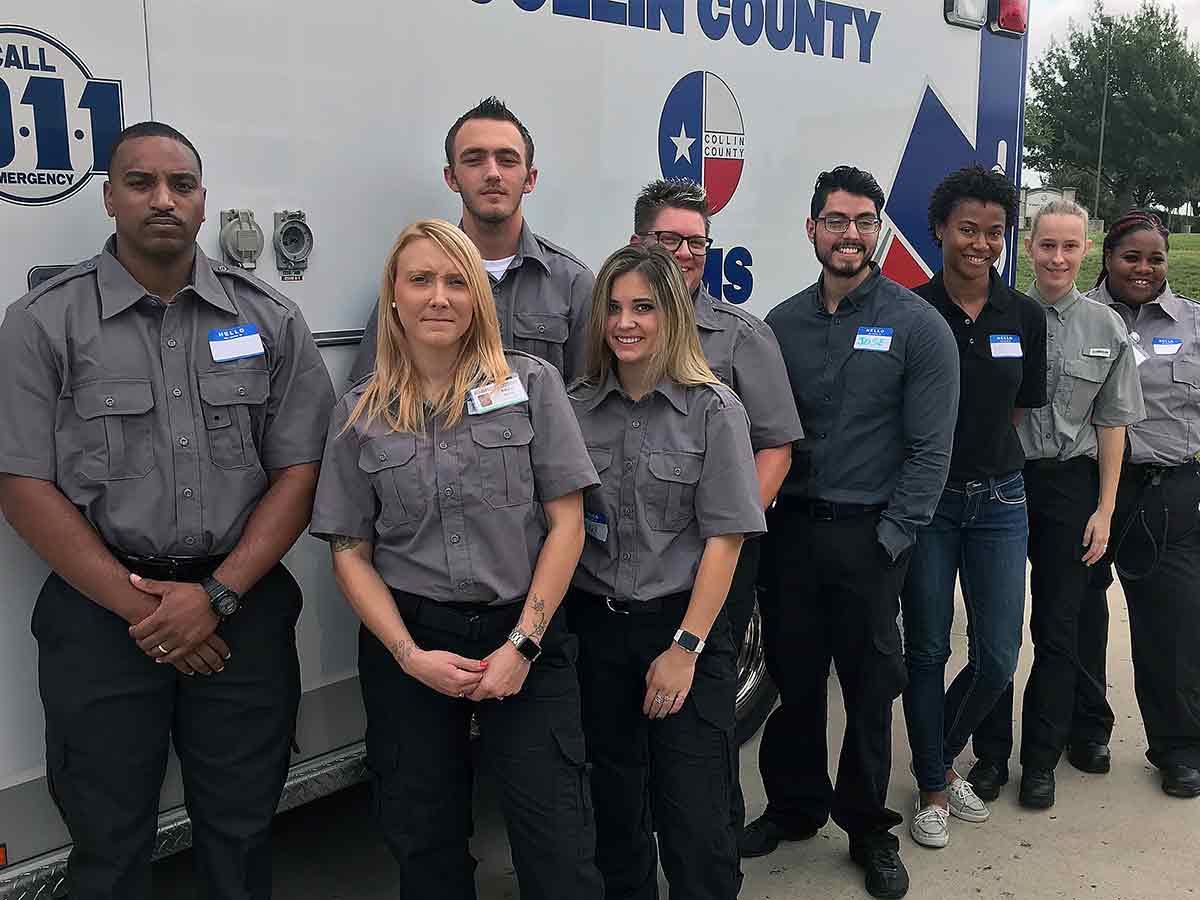As the demand for healthcare professionals continues to grow, it is essential for individuals in this field to have a solid foundation in basic EMS education. Whether you are considering a career as an emergency medical technician (EMT) or paramedic, or you simply want to enhance your existing healthcare skills, gaining knowledge in emergency medical services (EMS) is crucial. In this article, we will explore the importance of Emergency Medical Technician basic EMS education and discuss the essential skills that every healthcare professional should possess.
Basic EMS Education: Why is it Important? Providing Life-Saving Care: Basic EMS education equips healthcare professionals with the skills needed to provide immediate and life-saving care in emergency situations. Enhancing Patient Outcomes: With proper training, healthcare professionals can effectively assess and treat patients, leading to improved outcomes and reduced mortality rates. Increasing Employability: Having a background in basic EMS education can significantly increase your employability in various healthcare settings, such as hospitals, clinics, and ambulance services. Building Confidence: By acquiring the necessary knowledge and skills through basic EMS education, healthcare professionals can approach emergency situations with confidence and composure. Collaborating with Other Healthcare Professionals: Understanding the basics of EMS allows for better collaboration with other healthcare professionals, fostering a multidisciplinary approach to patient care. Paramedic Training: A Comprehensive Approach Texas EMS School: A Leader in EMS EducationWhen it comes to obtaining comprehensive paramedic training, Texas EMS School stands out as a leader in providing quality education. With experienced instructors and state-of-the-art facilities, Texas EMS School offers a rigorous curriculum that covers both theoretical knowledge and practical skills necessary for success in the field.
While basic EMS education provides a solid foundation, pursuing further education in emergency medical services can open doors to advanced career opportunities. By enrolling in advanced courses, healthcare professionals can specialize in areas such as pediatric emergency care, trauma management, or critical care transport.
Traditional face-to-face EMS Courses vs. Online EMS Training Courses Traditional face-to-face EMS courses:- Pros:
- Hands-on training and practical experience. In-person interaction with instructors and peers. Immediate feedback and clarification of doubts.
- Limited flexibility in scheduling. Potential geographical constraints. Higher costs associated with commuting and accommodation.
- Pros:
- Flexibility in scheduling, allowing individuals to learn at their own pace. No geographical limitations, making education accessible to a wider audience. Potentially lower costs compared to traditional courses.
- Limited hands-on experience and practical application of skills. Less immediate interaction with instructors and peers. Self-discipline and motivation are essential for successful completion.
Effective Communication: Clear and concise communication is vital in emergency situations. Healthcare professionals must be able to communicate with patients, colleagues, and other first responders effectively.
Critical Thinking: Being able to think critically and make quick decisions under pressure is crucial for providing optimal care during emergencies.
Problem Solving: Healthcare professionals must possess strong problem-solving skills to assess complex situations and determine the most appropriate course of action.

Empathy and Compassion: A compassionate approach helps healthcare professionals connect with patients on a deeper level, providing comfort during distressing times.
Adaptability: Emergency situations can be unpredictable, requiring healthcare professionals to adapt quickly to changing circumstances while maintaining composure.
Technical Competence: Proficiency in using medical equipment and technology is essential for accurate diagnosis, treatment, and monitoring of patients.
FAQs (Frequently Asked Questions) Q: What is the duration of basic EMS education programs?- A: The duration of basic EMS education programs can vary depending on the level of certification sought. EMT-Basic programs typically range from 120 to 150 hours, while paramedic training can take anywhere from 1,200 to 1,800 hours.
- A: Yes, many educational institutions offer flexible schedules for individuals who wish to pursue basic EMS education while working full-time. Online courses can also provide additional flexibility.
- A: Prerequisites vary depending on the educational institution and program. Generally, a high school diploma or equivalent is required for enrollment in basic EMS education programs.
- A: EMS certifications typically require renewal every two to three years. This ensures that healthcare professionals stay up-to-date with the latest advancements and maintain their competence in providing quality care.
- A: Yes, after completing basic EMS education, healthcare professionals can pursue advanced certifications or specialized training in areas such as critical care transport, flight nursing, or disaster management.
- A: Yes, continuing education is essential for healthcare professionals in EMS to stay current with advancements and best practices. Many states and certifying bodies require a certain number of continuing education hours for license renewal.
Basic EMS education provides healthcare professionals with essential skills that are invaluable in emergency situations. Whether pursuing a career as an EMT or paramedic or seeking to enhance existing healthcare skills, gaining knowledge in emergency medical services is crucial. From effective communication to critical thinking and technical competence, these skills empower healthcare professionals to provide optimal care and make a significant impact on patient outcomes. With the availability of traditional face-to-face courses and online training options, individuals can choose the learning method that best suits their needs and goals. So, embark on your journey in EMS education and become a competent and compassionate healthcare professional.